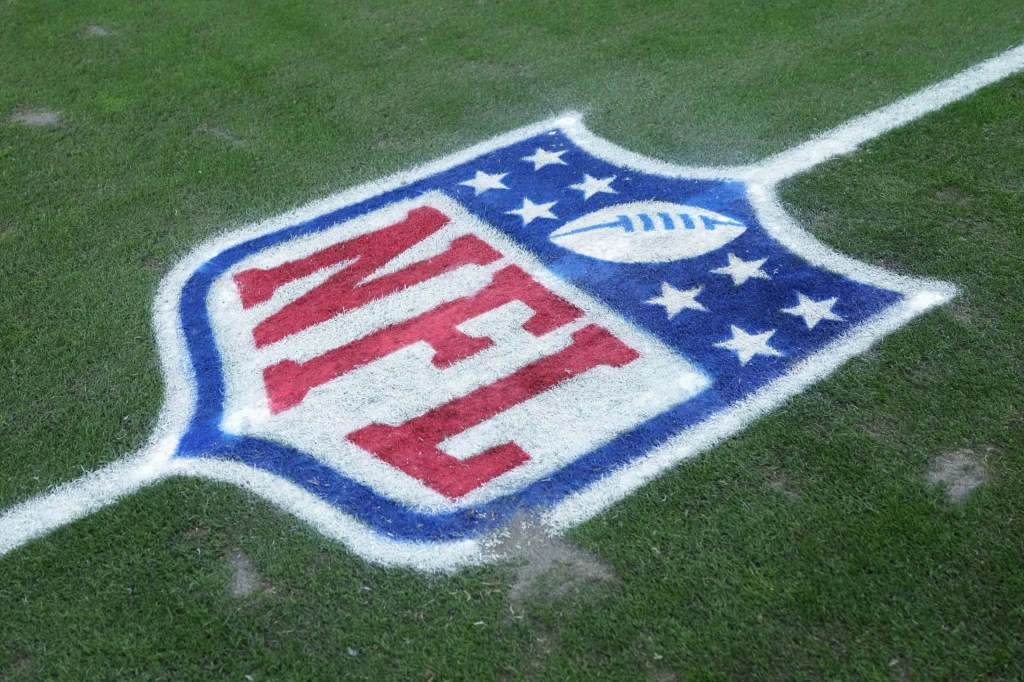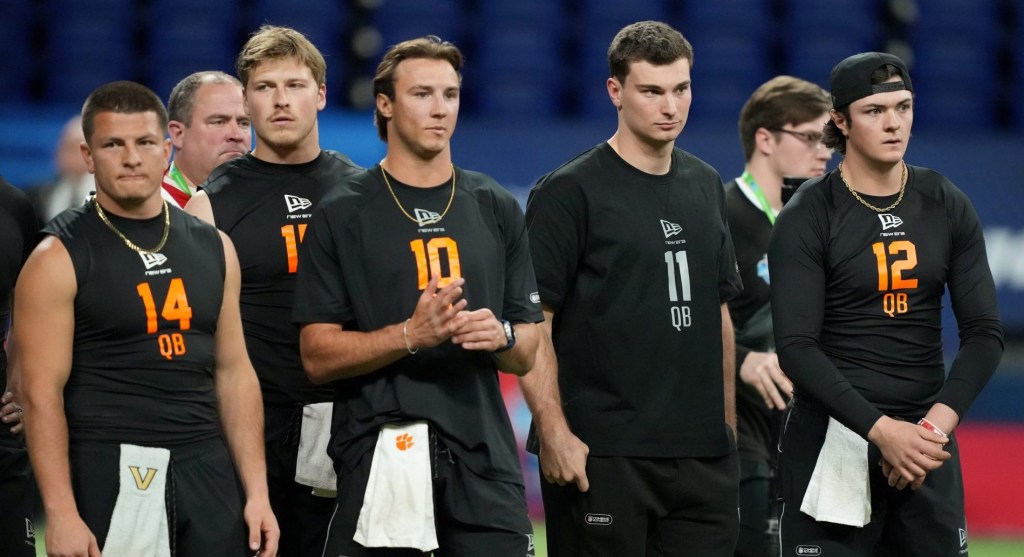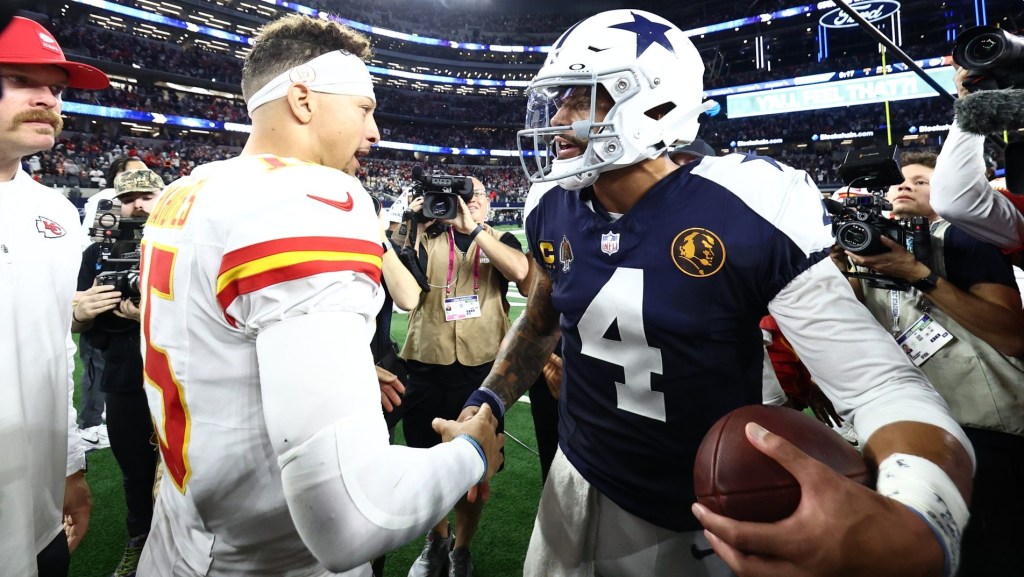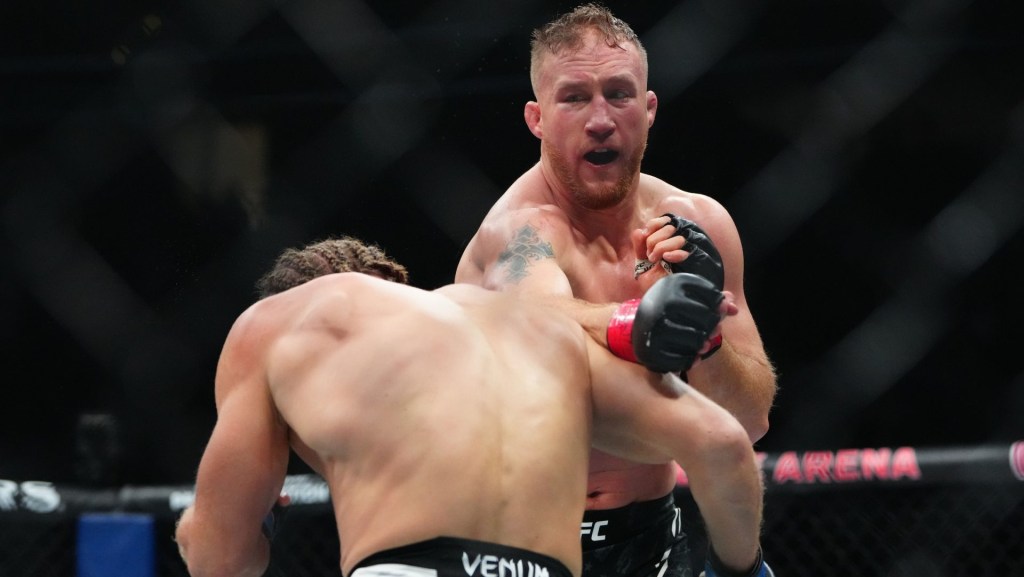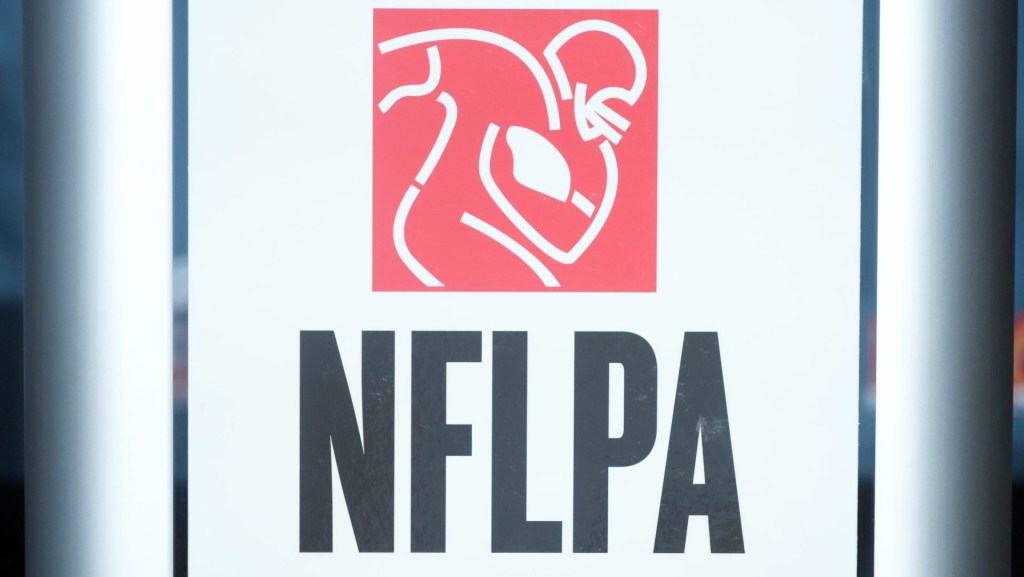Michael Johnson’s new track league, formally launched this week and debuting next spring, addresses several major issues in the sport. Grand Slam Track also tackles one very small one. Sprinters and runners competing in the league won’t pin paper bibs to their jersey tops, eliminating a long-loathed anachronism.
Athletes have long complained about bibs, which look out of place in professional sports and, more important, take up potentially coveted real estate on a jersey for a sponsor. Last year, Johnson ripped into bibs. “When an athlete is trying to focus on performing at their best, the bibs are a distraction,” he said. “The fastest, most efficient athletes in the world are competing with a piece of paper safety-pinned on. It just reeks of amateurism.” Now he’s made good on his word.
He has at least one athlete firmly on his side. U.S. sprinter/hurdler Rai Benjamin, who took silver in the 400-meter hurdles at the last Olympics, has long crusaded against bibs, even refusing to wear one at several meets this year. “I’m not wearing that thing,” Benjamin said at a meet earlier this year. “It’s a waste of money and the uniform looks too good to wear a bib …”
Johnson, the iconic Olympic sprinter and gold medalist, is starting this league after years of blasting track’s hidebound structure, whether as an agent or a commentator for the BBC. Track has a longstanding issue with getting its biggest stars to compete against one another outside of the Olympics and world championships.
“The objective here with Grand Slam Track is to provide that sort of head-to-head competition, that drama, the stakes, and tell those stories around all of that compelling drama as well—four times a year,” Johnson told The Wall Street Journal.
To affirm their commitment, Johnson is signing athletes to contracts and rewarding them with prize money to incentive performance. He’s already signed Sydney McLaughlin-Levrone, the 24-year-old hurdler and two-time Olympic gold medalist, who is perhaps the sport’s’ biggest star—and its most notorious for barely racing. She’s competed sparingly outside of the United States since 2019. McLaughlin-Levrone and 47 other athletes will be paid a salary, while another 48 will be invited to compete on a per-meet basis.
Athletes are required to race in two events at the three-day events, and there are six group events for men and women. The winner of each will collect $100,000, while the eighth-place finish will get $10,000. The Diamond League, track’s best-known professional series, pays winners just $10,000.
The league has already raised $30 million, most of which came from Winners Alliance, which was founded in 2022 to partner with athletes on sponsorship and content investments, among other options, and has already worked with Novak Djokovic’s Professional Tennis Players Association and is backed by the likes of hedge fund giants such as Bill Ackman.
In addition to safety pins, Johnson is eliminating field events from the league completely. It also won’t have a shoe/apparel sponsor to avoid the “appearance of bias.” The league’s first event is scheduled for Los Angeles in April 2025, while the other three locations are still being determined.

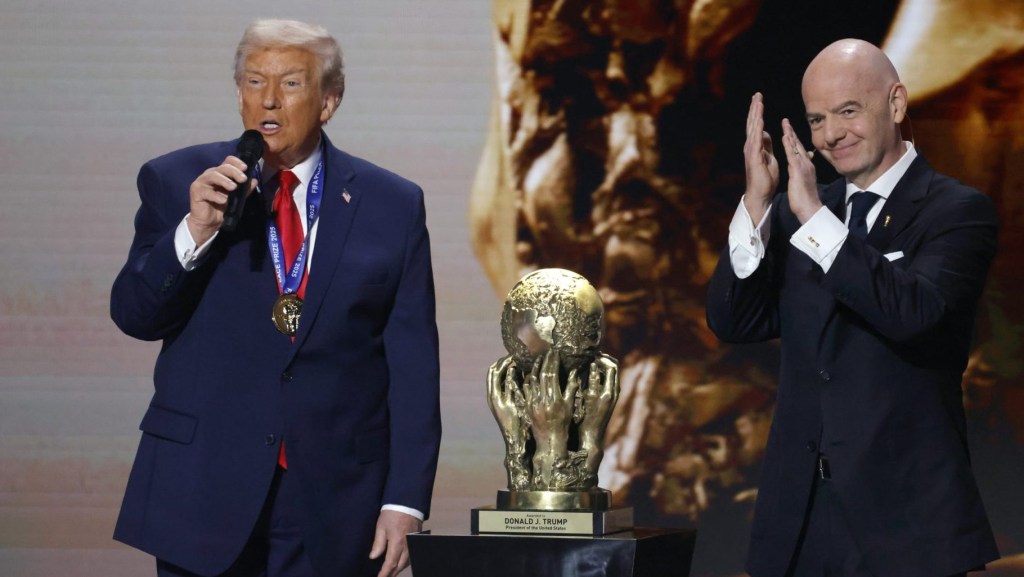

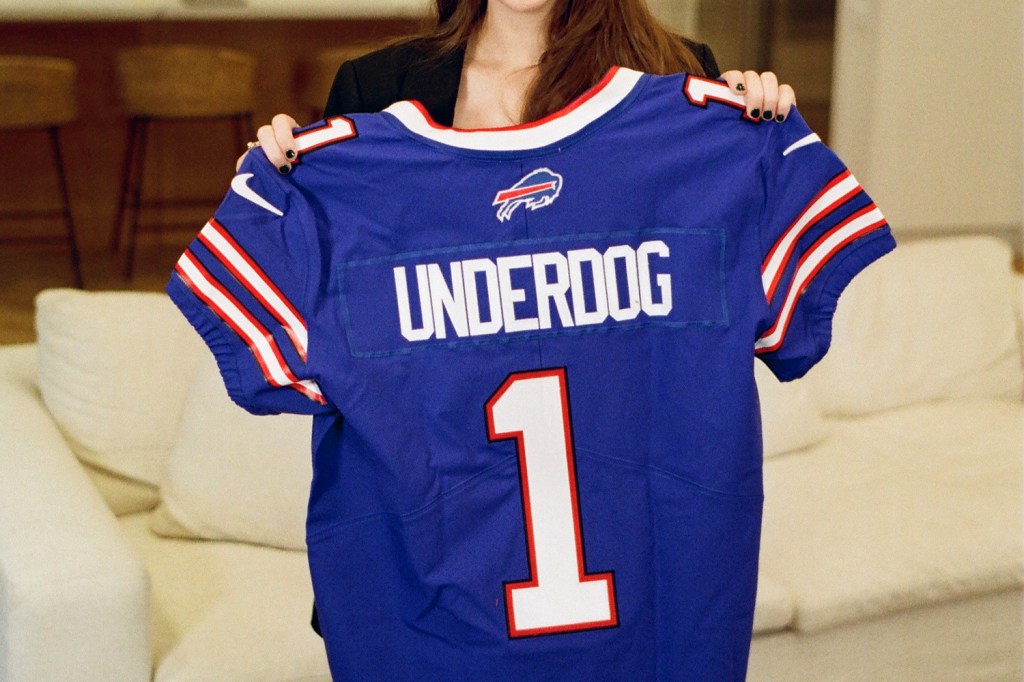


![[Subscription Customers Only] Jun 15, 2025; Seattle, Washington, USA; Botafogo owner John Textor inside the stadium before the match during a group stage match of the 2025 FIFA Club World Cup at Lumen Field.](https://frontofficesports.com/wp-content/uploads/2026/02/USATSI_26465842_168416386_lowres-scaled.jpg?quality=100&w=1024)
![[Subscription Customers Only] Jul 13, 2025; East Rutherford, New Jersey, USA; Chelsea FC midfielder Cole Palmer (10) celebrates winning the final of the 2025 FIFA Club World Cup at MetLife Stadium](https://frontofficesports.com/wp-content/uploads/2026/02/USATSI_26636703-scaled-e1770932227605.jpg?quality=100&w=1024)

![[US, Mexico & Canada customers only] Sep 28, 2025; Bethpage, New York, USA; Team USA's Bryson DeChambeau reacts after hitting his approach on the 15th hole during the singles on the final day of competition for the Ryder Cup at Bethpage Black.](https://frontofficesports.com/wp-content/uploads/2026/03/USATSI_27197957_168416386_lowres-scaled.jpg?quality=100&w=1024)
